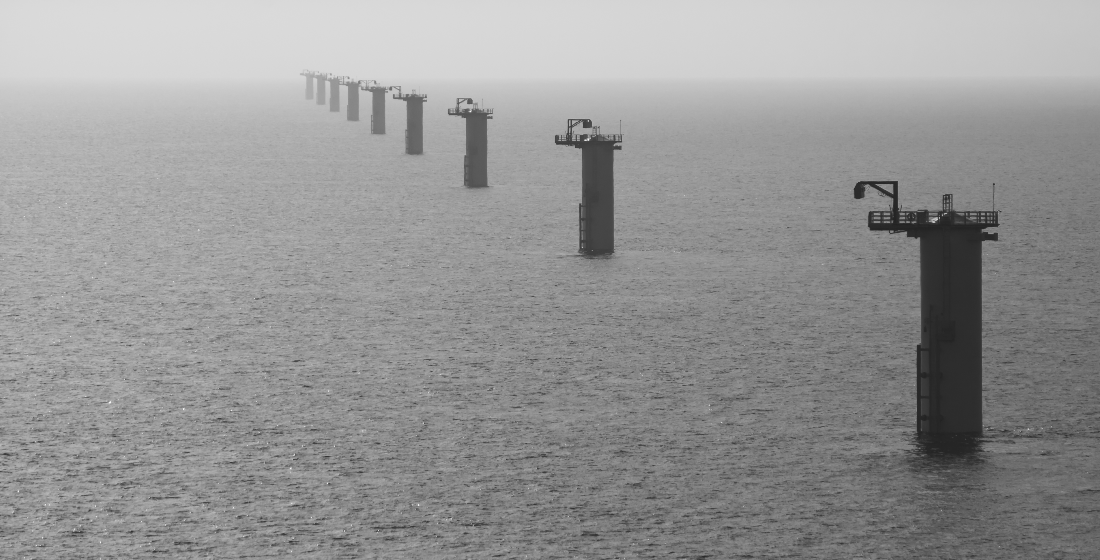Shop talk: Athena Intelligence on the value of third-party due diligence
TXF spoke to Jonas Rey, founder of third-party risk management consultancy Athena Intelligence, on what could have been done differently to decrease the risk of high-profile fraud cases in the commodities space last year.

TXF: Would enhanced due diligence really be able to detect the frauds of the 2020 year?
Jonas Rey (JR): Yes. We are often mandated to conduct an enhanced due diligence on a company before they encounter problems. Companies that have inflated balance sheets, companies that engage in fraudulent behaviour leave behind breadcrumbs which allow us to follow the trail of evidence and determine the true situation of those companies.
An enhanced due diligence on Phoenix Commodities, a company already engulfed in a trading scandal back in 2015, where the company traded heavily with other companies beneficially owned by the founder, would have shown that these same companies were used in the last days of 2020 as a way to generate extra cash.
A local Singaporean newspaper reported that another company, Agritrade, had closed their trading offices in 2018, raising questions as to how all those trades were conducted and whether they had any genuine activities thereafter.
Another prime example is Gulf Petrochem having been engaged in undeclared related party transactions since 2016 and which accounted for more than 30% of its turnover. The same related-party companies are the counterparties that were engaged in fake transactions from 2016 until 2020. All those elements were identifiable long before 2020, provided that one knows where to look.
The fraudsters’ playbook is thankfully somehow limited and with the application of the right tools and mind-set and it is possible to avoid dealing with such persons and entities.
TXF: Why should banks use third-party due diligence when they have already some internal teams?
(JR): Contrary to public perception, the banks are limited in the compliance/due diligence information they have the ability to gather. More often than not, they rely upon their clients’ voluntary disclosures; a procedure which may be problematic in the event a client is engaging in fraudulent behaviour and provides fake and/or false information to the bank’s internal team. Banks also have a technical limitation in that their internal compliance software systems limit their access to publicly available information. Lastly, third parties are professionals in detecting trade finance fraud. While a bank’s due diligence officer sees a fraud case every four to five years, companies like ours investigate fraud on a daily basis. We are experts at detecting early warning signs of problematic behaviour and at flagging suspicious activities.
Private banks went through similar changes following the 2008-2009 financial crisis and were initially reluctant to work with third parties. It was only when they realized that investing a minimal sum early on could prevent them from losing millions that their mind-set rapidly evolved.
TXF: Why have we seen such an uptick of fraudulent cases in 2020?
(JR): Fraud is cyclical. The last fraud wave was in 2015, which was followed by a large afflux of cash into the trade finance markets. Trading companies could obtain credit in a simplified way which resulted in some taking advantage of that system.
Trade finance hubs like Singapore wanted to bolster their international presence and competed for trading houses, which resulted in a large influx of new players with a stellar growth rate that was not at all representative of their real activities. When COVID hit, credit lines tightened and the scams run by some trading companies became more apparent.
To some extent, this behavior by rogue trading companies is somewhat inevitable. People will always try to exploit the system. Notwithstanding this, it is possible to avoid onboarding such fraudulent companies and to detect the problematic trading practices early on by using a third party vendor such as ours.
TXF: Are there still trading companies that are likely to fail in the next couple of months? And if so, do they present similarities to the cases of the summer?
(JR): Yes, good examples of this are (i) companies that are trading heavily with the same counterparties as both clients and customers, (ii) companies that have extraordinary growth which does not seem to be in line with the market and, (iii) companies that often switch documentation at the last minute. All of the above should raise flags with the banks for further inquiry.
In response to the above, banks should undertake certain objective procedures such as requiring more thorough disclosure from their clients as well as conducting independent verification of their clients and their counterparties. There is a current trend for banking players to simply exit markets and some sectors of trade finance. I disagree with this course of action; this only concentrates international credit lines into the hands of the big players and renders the overall market less competitive and less open to newcomers. It is not a guarantee against fraud and losses.
Trade finance can remain a very profitable activity with the correct checks and balance. The focus for the banks must be on detecting the warning signs early on and then acting accordingly and without delay. “Risk 0” does not exist; what does exist is a set of practices which allow banks to come very close to “risk 0”.





